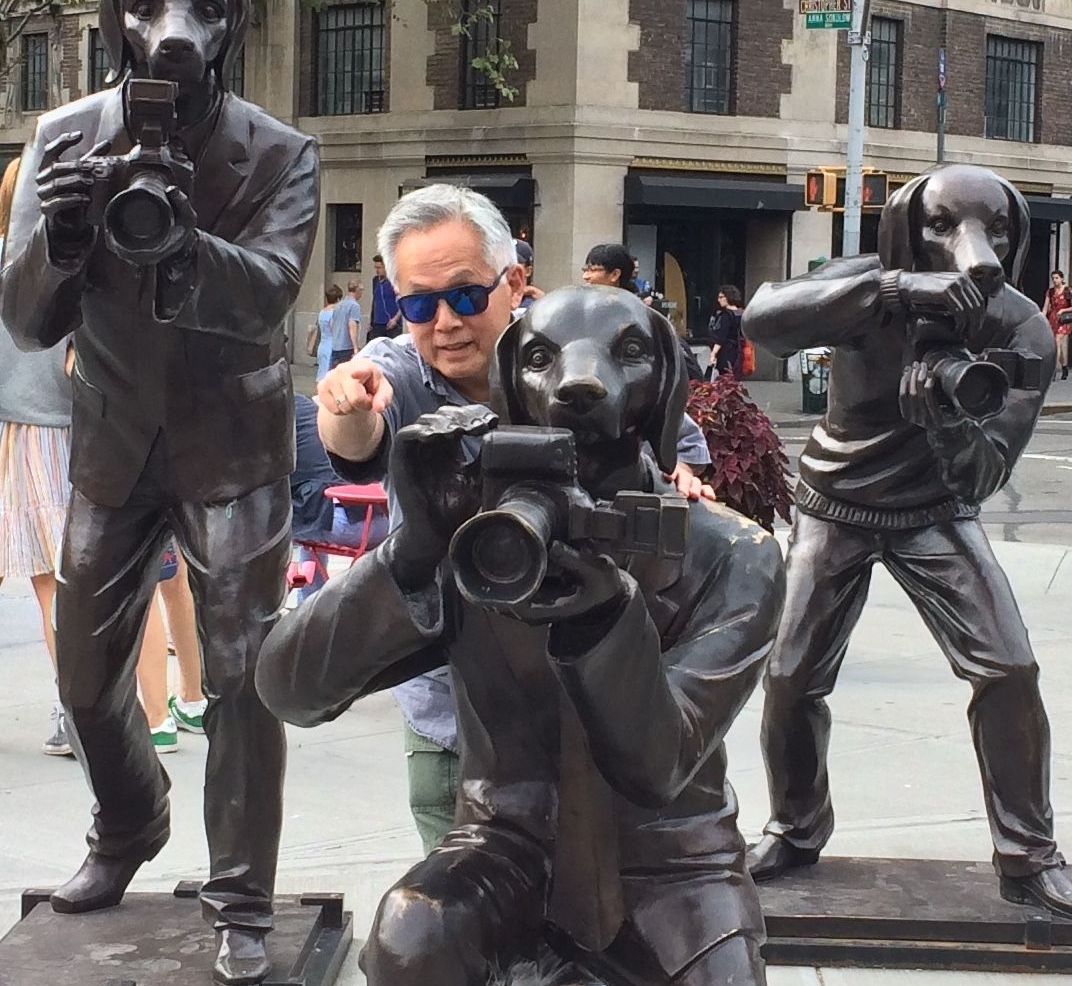• Agenda (pdf) • Code of Conduct • Gallery Walk Instructions • Impact Award • PEACH Award
• Plenary Talk (David Asai) • PNM Glossary (pdf) • Poster Abstracts (pdf) & 5-in-5 Abstracts (pdf) • Roster (pdf)
• Site Details (pdf) & Metro Instructions (pdf) • Strategic Planning • Strategic Team Assignments (pdf)
• Strategic Team & Task Force Links • SII • PNM Reimbursement Form (pdf) • Travel Spreadsheet
Ratcheting Inclusivity
The STEM community is at a critical juncture. Our continued growth and, indeed, our very survival depend on our ability to drive deep and fundamental change, transforming the STEM culture from one that values exclusion to one that centers inclusion. The needed culture change will require hard work, patience, and attention to ratcheting equity. A mechanical ratchet creates motion in only one direction; its purpose is to drive movement in the desired direction regardless of speed.
A key element of the POGIL Project is Supporting Inclusivity. As we design activities that address the Supporting Inclusivity goals – professional development, learning communities, and ecosystem pilot projects – let us be sure to design equity ratchets that drive those activities. The My Culture Box exercise is an opportunity to explore personal cultural identity, and this exploration can be an important equity ratchet.
My Culture Box
David Asai was introduced to the “My Culture Box” exercise in 2015 or 2016 during the culturally aware mentorship skills development workshop for HHMI Gilliam advisers. The workshop is part of the yearlong course designed and led by Chris Pfund and a team from the Center for the Improvement of Mentored Experiences in Research (CIMER). https://www.understandinginterventionsjournal.org/article/27510-the-culture-box-a-simple-highly-effective-activity-to-initiate-conversations-about-diversity-and-inclusion-in-stemm
The Culture Box is a brief opportunity for participants to reflect on personal cultural identity, to share with others, and to listen to others. Asai says, that "every time I am part of this exercise, I learn more about myself and make deeper connections with colleagues. I hope that you, too, will learn things by participating in this exercise."
The Assignment
Each person’s cultural identity is a unique, dynamic, complex mixture of many things – e.g., race/ethnicity, gender, religion, family history, family values, nationality, education, profession, and socioeconomic background. Each of these can be associated with artifacts – tangible as well as intangible memories – that together reside in our “culture box.” This exercise is an opportunity to open that culture box and lift out an artifact.
Before the session, take a few moments to reflect on your racial/ethnic identity and then select an artifact that illustrates one aspect of that identity. For example, the artifact might be a letter, photograph, jewelry, piece of furniture, or clothing. Bring the artifact – a photograph on your phone often works better than hauling around the actual item – to the meeting. In our session, you will have the opportunity to briefly share with others the artifact and talk about its significance.
Asai gives an example: "With respect to race/ethnicity, I identify as Asian American. An item from my culture box is “34389,” which was the number that replaced my family’s name during their internment during World War II. Internment was so very important to our family, but our cultural norms prevent us from talking about it."
About David Asai
David Asai is a cell biologist. His lab studied the eukaryotic molecular motor dynein. David was a faculty member at Purdue University where he was Head of Biological Sciences, and a faculty member at Harvey Mudd College where he was Stuart Mudd Professor and Chair of Biology.
In 2008, David moved to the Howard Hughes Medical Institute where he served as Senior Director for science education until his retirement in 2024. David believes it is time to change the culture of STEM and STEM education, and that the responsibility for culture change rests primarily with us, the scientists, faculty, staff, administrators, and funders. He and his team at HHMI created new and re-imagined existing initiatives, each of which aims at creating a more inclusive learning environment for students from all backgrounds. The initiatives include Inclusive Excellence, Driving Change, the Gilliam graduate program, the Science Education Alliance, the HHMI Professors, the Science Mentorship Initiative, and Forums Advancing Cultural Competency.
David is an elected Fellow of the American Association for the Advancement of Science, and an elected Fellow of the American Society for Cell Biology. He received the 2019 ASCB Mentorship award and the 2022 Bruce Alberts Award for contributions to science education. David is a member of the National Academies committee that wrote the 2023 report Advancing Antiracism, Diversity, Equity, and Inclusion in STEM Organizations.
